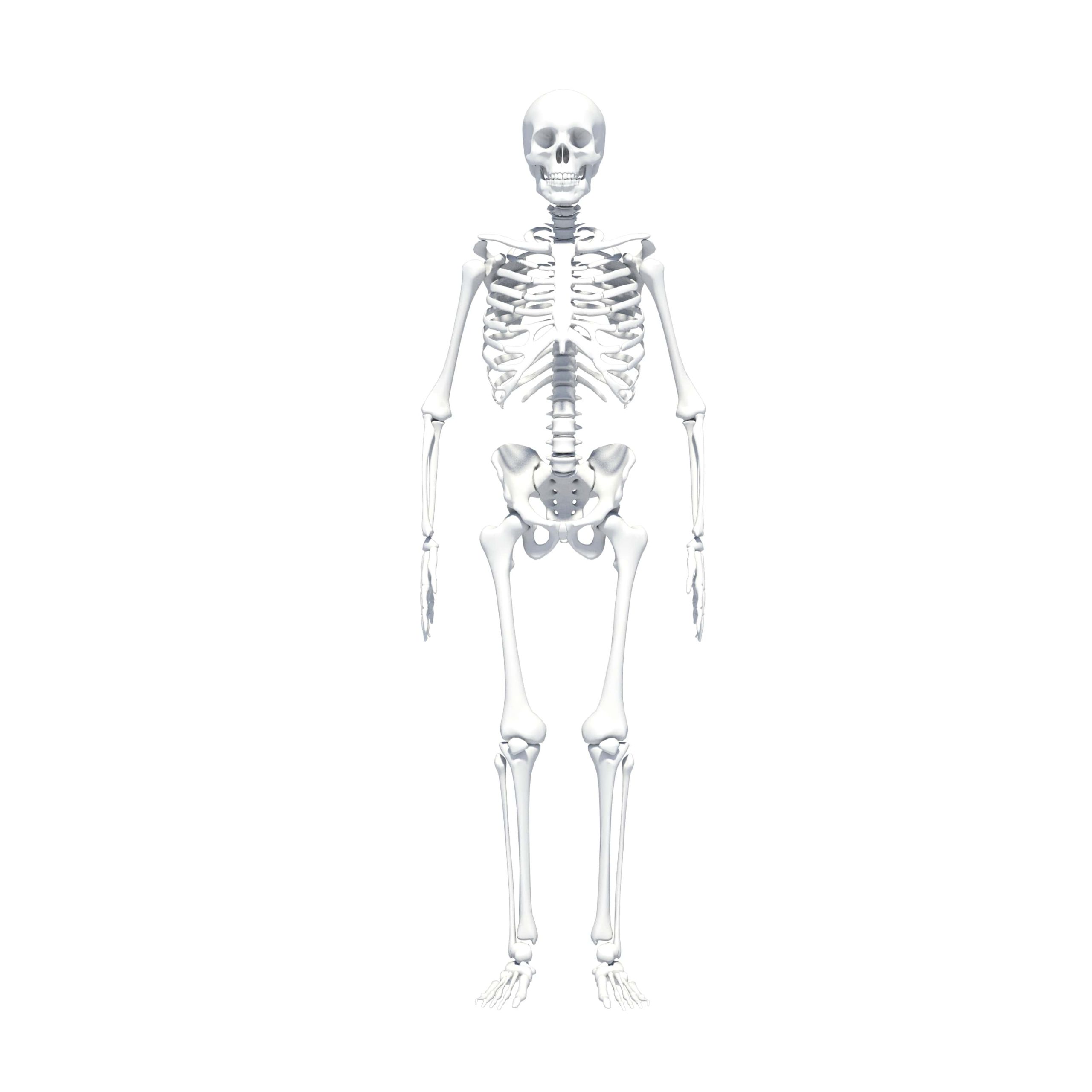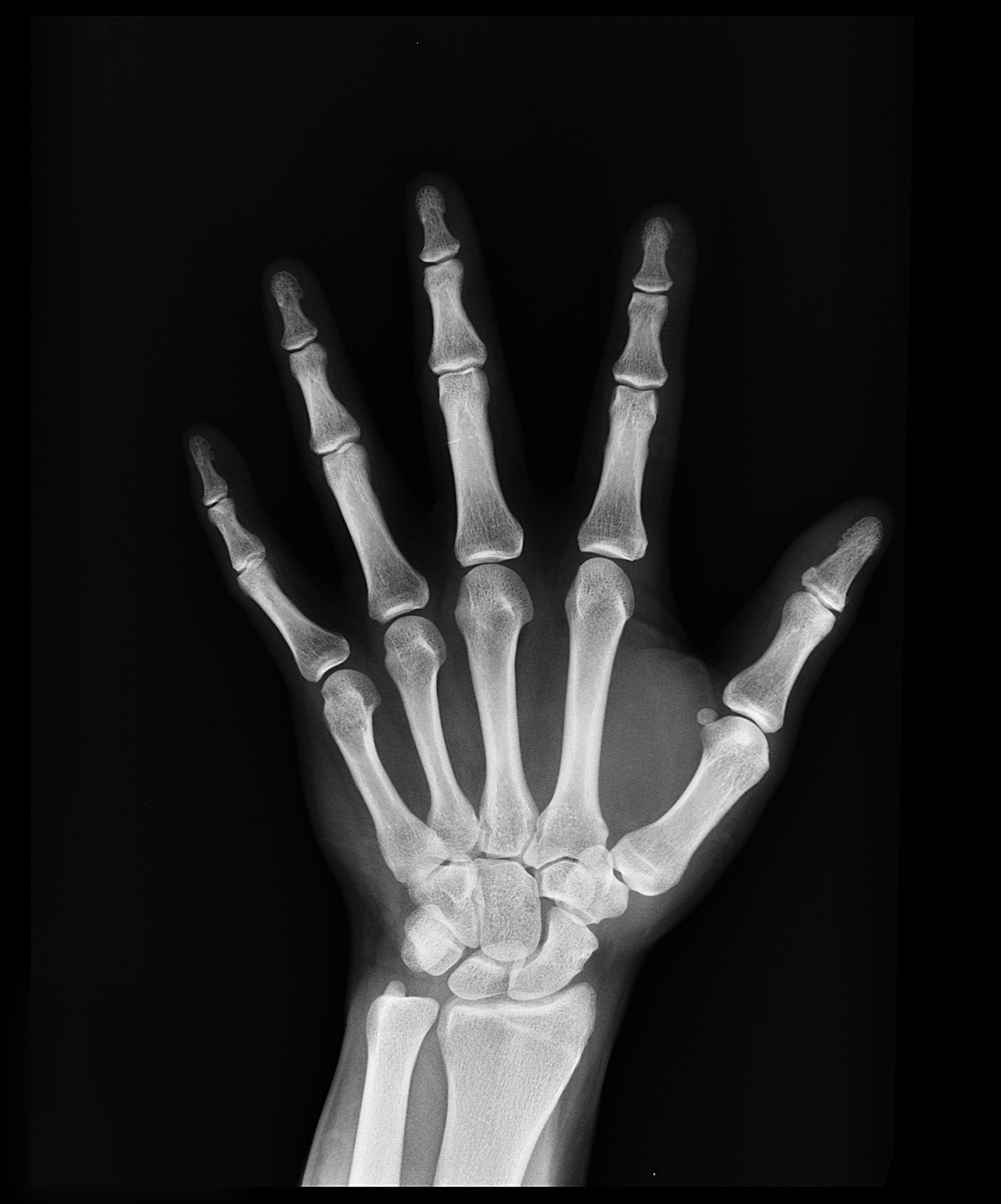WHAT WOULD YOU LIKE TO KNOW ABOUT Liveagil bone ?
COLLAGEN PEPTIDES FOR STRONG, HEALTHY BONES: REALITY OR WISHFUL THINKING?
Bone fractures and osteoporosis are familiar to most people, as young and old can suffer from these two health problems. In case of bone fracture, good nutrition alongside immobilization is key to the healing process. The Medical Association of Germany recommends a daily intake of 1000 mg of Calcium (contained in about 800 ml of milk) and enough vitamin D.
But what else can you do to promote healthy, strong bones and slow down or even reverse the loss of bone density that accompanies osteoporosis?


COLLAGEN MAKES BONES STRONG
New scientific studies show that taking collagen peptides has a positive effect on your bones. In this article, we take a closer look at the most important studies to answer the question of whether collagen peptides can really keep bones strong or if’s just the latest fad in health care. But we must first clarify what collagen and collagen peptides actually are.
STRONGER BONES AT ANY AGE: CAN COLLAGEN PEPTIDES HELP?
It is particularly important to create optimal conditions for bone growth at a young age, when bones are still growing. It is well known that movement plays an important role in this process, especially in childhood and youth, but also in adulthood. Regular exercise is important to stimulate bone metabolism and optimize bone mass and mineral density.
Experiments with young rats have also shown that the additional intake of collagen proteins can further enhance the effect of exercise and lead to a higher bone mineral density.
In 2016, an English-Italian research team reviewed all existing studies on the effects of collagen peptide food supplements on bone regeneration and healing. They concluded that collagen peptides can boost the bone healing process. As usual in such cases, they recommend further research projects to understand the effect in more depth.


Collagen Holds Your Body Together
Collagen is known to most people in the form of gelatin. In the past, glue was also obtained from collagen by boiling bones. Collagen is the most abundant protein in the human body: over 30% of all human protein is collagen. It serves as a structural protein, e.g. it provides support and structure in connective tissue and is also found in tendons, ligaments, teeth, bones, cartilage as well as in the hypodermis (the deepest layer of your skin). Healthy collagen is practically inelastic and has a high stability and tensile strength: a collagen fiber bundle with a diameter of 1 mm carries a weight of 10 kg (that is more than the equivalent of steel fibers can handle!).
Collagen is built for this load-bearing task: its structure consists of three protein strands that are twisted in a spiral. The three strands are then twisted together again, like a rope, and further cross-linked by molecular bonds to ensure the greatest possible stability. Collagen consists of a total of 28 different but similar molecules that can perform different tasks. For example, collagen (type I and type III) is rather rigid in bones, whereas type II collagen is mainly found in the more flexible cartilage.
Collagen Peptides: The Building Blocks of Collagen
Enzymes can break down collagen fibers into smaller units. This produces a mixture of water-soluble molecules called collagen hydrosylate, which in turn contains its building blocks: collagen peptides.
In general, peptides, like proteins, consist of amino acids, but build smaller strings: chains with a minimum of two and a maximum of 100 amino acids are called peptides, while longer chains are called proteins. Collagen peptides are about 6 to 8 times smaller than a complete collagen molecule.
In contrast to their collagen peeps, collagen peptides are water-soluble and more digestible. These properties make them popular in the cosmetics industry for hair or skin care products. They are also used by the food industry (for jelly beans, for example), and as a binding agent by the pharmaceutical industry.
Collagen peptides are also used as food supplements to strengthen strained or damaged cartilage tissue and bones. Which brings us back to our topic: is it beneficial to take collagen peptides?


Food Supplements: The Easiest Way to Take Collagen Peptides
Food supplements are the simplest way to consume collagen peptides. Five to fifteen grams per day are recommended to improve your bone density. It is preferable to take pure collagen peptides (aka that do no include any other additives). Some manufacturers recommend an extra intake of vitamin C, because it promotes collagen absorption. This is not really necessary as long as you get enough vitamin C from your diet.
To Sum Things Up:
Collagen peptides are beneficial to anyone who wants to strengthen their bones and prevent or perhaps even reduce bone loss. As scientific studies have shown, collagen peptides can have a positive effect on your skin, joints, and muscles – that is why we recommend taking it daily. You can greatly enhance your physical well-being with little effort!
Collagen Peptides: What Side Effects Can I Expect?
One important question that we still need to discuss is the potential side effects of collagen peptide intake. Collagen products are basically safe and easily tolerated. However, people with allergies, e.g. to fish or shellfish, should avoid food supplements containing collagen peptides obtained from these animals.
The scientific literature reports feelings of fullness and occasional heartburn, and diarrhea as worst case scenario side effects.

What does science say?
Numerous scientific studies have been conducted over the years to determine the effectiveness of collagen peptides for bone health.
In 2011, a study showed that taking collagen peptides can inhibit the degeneration of articular cartilage and stimulate its regeneration. Further studies to investigate the effect of ingesting collagen rich foods on bones and cartilage have been undertaken ever since. We summarize the most important results for you here.
Osteoporosis: When Bones Lose Their Density
Osteoporosis or bone atrophy is a widespread disease in which the bone substance is broken down and leads to increased bone fractures. The weakness of the bones is measured by their density (also called bone mineral density), which determines the mineral salt content of the bones by means of low-dose X-rays.
Osteoporosis mainly affects women after menopause, but men are not immune to it: one in three women and one in five men over 50 years of age suffer from osteoporosis worldwide. Too little exercise, a poor diet, but also genetic factors and age play an important role in the development of osteoporosis. The consequences of bone fractures, especially at an advanced age, are often chronic pain and immobility, which can lead to disability. Better nutrition, less cigarettes and alcohol, and increased exercise can help to maintain bone density, but little can be done against genetic factors. The bone substance that has already been lost can’t be rebuilt through these measures. However, taking these steps is necessary to be able to intervene sustainably in cases of advanced osteoporosis.
Can Collagen Peptides Maintain and Even Improve Bone Density?
Significantly improved bone mineral density of the lumbar spine and the femoral neck was shown by a scientific study conducted by the University of Freiburg and the Kiel-based CRI Collagen Research Institute GmbH. This experiment involved 131 post-menopausal women who took 5 grams of a mixture of collagen peptides over the course of a year. In contrast, Test subjects who took maltodextrin (a carbohydrate mixture) instead of the collagen peptides continued to lose bone density during the span of this test. Further investigations showed that the group that ingested collagen peptides showed signs of bone formation, whereas the reference group showed signs of bone loss.
A French research team achieved similar results with mice: those who were fed collagen peptides lost significantly less bone mineral than the group that received a different protein mixture. This allowed scientists to conclude that the observed positive effect on bone density is not caused by the ingestion of any protein mixture, but by taking collagen peptides. Furthermore, research on mouse models allowed a more detailed investigation of the molecular processes underlying this effect.
While mice are obviously not human, rats and mice are often used in medical research, and special “mouse models” are bred to study human diseases.
This is the conclusion of these experiments, as summarized by the French scientists:
(our experiments) “clearly show that the benefits of collagen hydrosylates in preventing osteoporosis outweigh those of simple protein supplements.”

